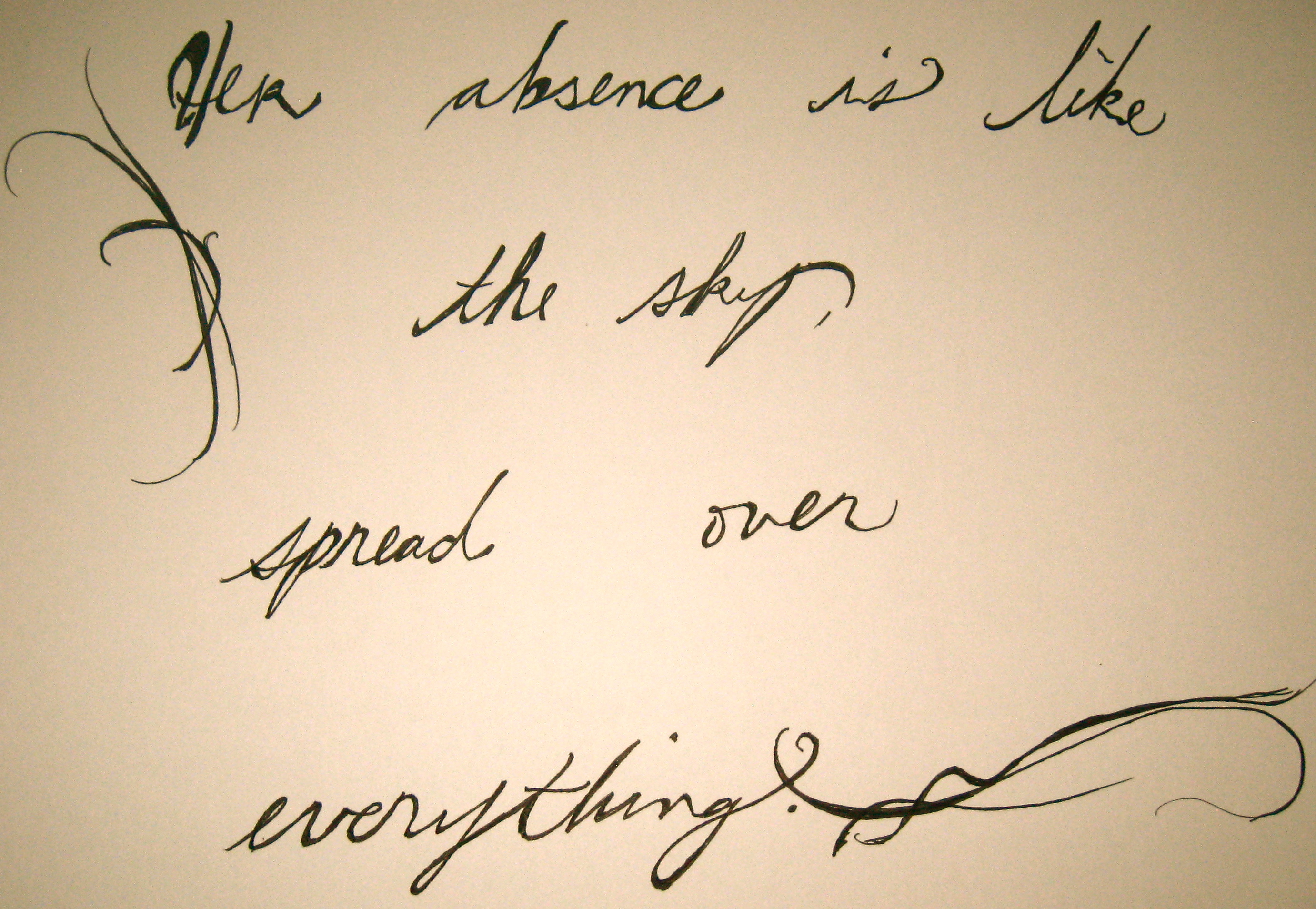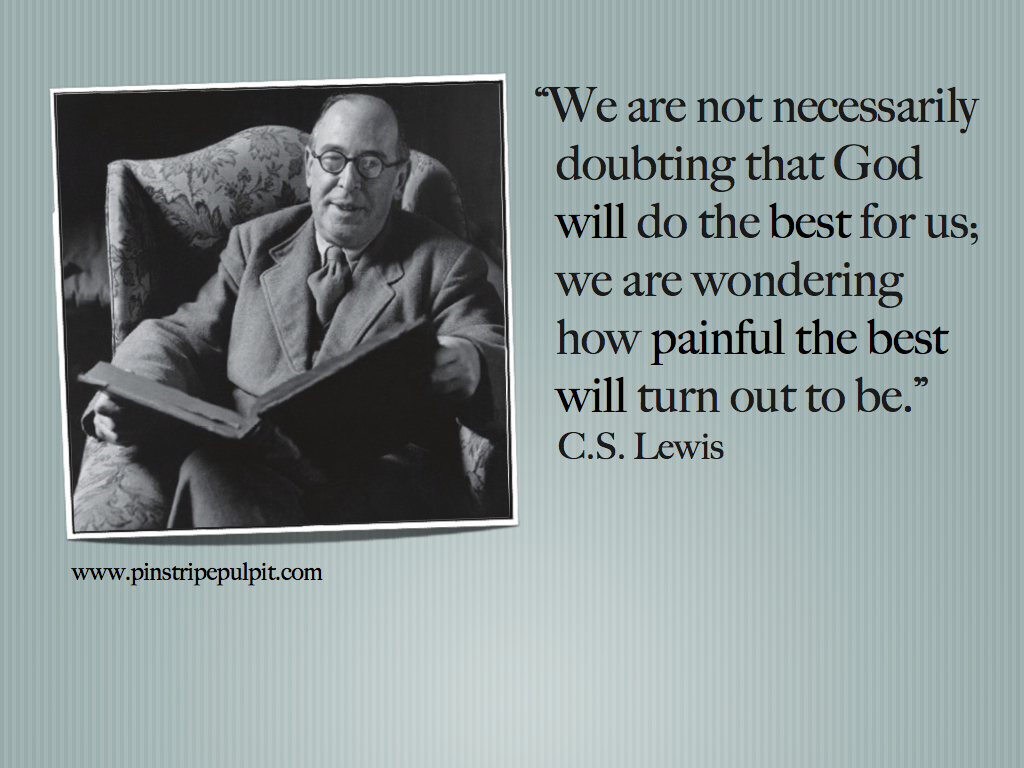CS Lewis Books Grief Observed - A Personal Look At Loss
When life throws its hardest punches, and the world feels like it's spinning off its axis, where do we even begin to make sense of things? For many, the weight of a deep personal loss can feel, you know, utterly isolating. It's a feeling that seems to touch every part of your being, changing how you see everything.
This experience of profound sorrow is something that reaches across all human lives, a thread that connects us in our most vulnerable moments. It's a path that C.S. Lewis, a writer many people know from other stories, walked himself. His book, which is called "A Grief Observed," offers a very direct and honest look at his own time dealing with the loss of someone very dear.
What makes "A Grief Observed" stand out is that it does not shy away from the real, sometimes messy, feelings that come with losing someone. It's a book that, in a way, gives us permission to feel what we feel, even the difficult parts, and to know that those feelings are a part of what it means to be human. It's a journey into the heart of sorrow, showing us that even those who seem to have a strong grip on their beliefs can find themselves questioning everything.
- Eggplant Emoji
- Anne Hathaway Catwoman
- Gypsy Rose Crime Scene
- Cbs Has Canceled Six Shows Before The 2025 2026 Season
- Julie Green Ministries
Table of Contents
- Who was C.S. Lewis, and what happened?
- What is "A Grief Observed" about, really?
- How did CS Lewis use writing to cope with loss?
- Why did CS Lewis use a different name for this book?
- How does "A Grief Observed" change our thinking?
- What can we learn about faith from CS Lewis books grief observed?
- Is "A Grief Observed" a universal story of sorrow?
- Where can you find CS Lewis books grief observed?
Who was C.S. Lewis, and what happened?
C.S. Lewis, a writer whose works have touched many people, went through a period of deep sadness in his own life. This was after his wife, Joy Davidman, passed away in 1960. It's almost as if this personal sorrow led him to put down his thoughts, creating a book that would later help countless others. The book, called "A Grief Observed," came out in 1961, and it really is a look into his private feelings during that time.
The experience of losing his wife, Joy Davidman, clearly had a very profound effect on him. It was a time that, you know, shook his world to its foundations. He found himself facing fundamental questions about life and about what comes after. This personal experience became the heart of "A Grief Observed," a book that, in some respects, serves as a record of his journey through immense sorrow.
Here is some basic information about C.S. Lewis and the context of "A Grief Observed" based on what we know from the book itself:
- %D8%B1%D8%AD%D9%8A%D9%84 %D8%B2%D9%88%D8%AC%D8%A9 %D9%8A%D8%B9%D9%82%D9%88%D8%A8
- Pictures Of
- Bcps Schoology
- Thrift Store Rare Porcelain Plate
- Rock Painting Ideas
| Detail | Information |
|---|---|
| Author's Name | C.S. Lewis |
| Wife's Name | Joy Davidman (also referred to as "H." in the book) |
| Year of Wife's Passing | 1960 |
| Book Publication Year | 1961 |
| Pseudonym Used | N.W. Clerk |
What is "A Grief Observed" about, really?
"A Grief Observed" is, in essence, a very open and honest look at C.S. Lewis's own feelings of sorrow. It's a collection of his thoughts, almost like journal entries, that show his struggles with grief and his beliefs. The book really puts his raw emotions out there, particularly those he felt right after his wife, Helen Joy Davidman, passed away. It’s a pretty direct way of sharing what he was going through.
This book, you know, came from a very personal place. It was written after his wife's sad death, and it was, in a way, a means for him to get through those "mad midnight moments," as he called them. It's an honest telling of how losing someone can make even a person who holds strong beliefs feel like they've lost all sense of meaning in their world. It’s a powerful statement about the human experience of loss.
The narrative, or the way the story is told, is structured like a series of journal entries. This approach really lets us see Lewis's struggles as they happened. He grapples with big ideas like grief itself, his faith, and what love truly means. It’s a very personal account, showing his emotional upset during a time of great sadness. He put down his feelings, so to speak, during those moments of intense hurt.
How did CS Lewis use writing to cope with loss?
Writing "A Grief Observed" was, in a way, the one method that helped C.S. Lewis manage after his wife, Helen Joy Davidman, whom he calls "H." in the book, passed away. It was, you know, a very personal form of healing for him. This act of putting words on paper seems to have been a necessary step in his own process of dealing with such a significant change in his life.
He wrote "A Grief Observed" as a sort of protection against completely falling apart, a kind of safety release valve, if you will. Through this process, he started to see that sorrow, or bereavement, is a common and truly important part of how we experience love. It’s a recognition that, actually, pain and love are often connected. He shared his feelings of belief with a certain clarity, a bit of gentle humor, and a quiet strength.
The book was written by hand in notebooks that Lewis found around his home. It really digs into those "mad midnight moments" of his sadness and loss. These were times when he, you know, questioned things he had believed before about life, about death, about being married, and even about his spiritual beliefs. It shows a very raw and unfiltered look at his inner turmoil during that period.
Why did CS Lewis use a different name for this book?
"A Grief Observed" was first put out for people to read in 1961, but it appeared under a different name, a pseudonym. C.S. Lewis chose to use the name N.W. Clerk for this book. He did this, apparently, because he wanted to keep his personal life somewhat separate from his well-known public image. It was a way for him to avoid making a direct connection between his private sorrow and his public identity as a writer.
The reason for using a different name was that Lewis, you know, wished to avoid drawing attention to his personal situation. He preferred not to give out many details about his private life, and using a pseudonym was a way to keep a certain distance. It allowed him to share his very deep and honest feelings without, perhaps, feeling as exposed as he might have otherwise.
So, the book was published under the name N.W. Clerk because Lewis, actually, wanted to avoid the direct link to his own name. This choice speaks to a desire for privacy, even when sharing something as profoundly personal as his experience of sorrow. It’s an interesting detail that, in a way, adds to the quiet power of the book itself.
How does "A Grief Observed" change our thinking?
Reading "A Grief Observed" can, in some respects, really change the way we think about things. It has a way of shifting the landscape of our minds, making us see grief and loss in a different light. It’s not just a story about one person’s sorrow; it’s a book that invites us to look at our own inner world and how we process difficult emotions. It’s a powerful piece of writing that, you know, tends to stick with you.
This book gives us a kind of permission, if you will, to admit our own doubts, our own feelings of anger, and our own deep sadness. It helps us to know that these feelings are, actually, a part of how our soul grows. It’s a reminder that even in the midst of great pain, there can be a path toward a deeper understanding of ourselves and our place in the world. It’s a very human message.
When someone reads "A Grief Observed" while they are also going through their own sorrow, it can lead to a powerful realization. It helps them understand that each person's experience of grief is, you know, unique. While there are always certain basic similarities in how people feel loss, the book shows that the individual path through it is very personal. It’s a comforting thought, in a way, to know that your feelings are valid.
What can we learn about faith from CS Lewis books grief observed?
In "A Grief Observed," C.S. Lewis really looks into this very topic of belief and how it holds up during times of extreme sorrow. After his wife, Joy Davidman, passed away in 1960, he gathered his thoughts about her passing and explored his own experiences with grief, with loss, and with his spiritual connection. It’s a very honest account of how loss can, you know, make even a strong believer feel like they've lost their way.
Lewis openly examines his own questioning of his faith, something that is, typically, very important to many people. He struggles to cope with the absence of his wife, and this struggle leads him to ask deep questions about what he had always held true. It’s a picture of a person wrestling with their most fundamental beliefs when faced with something truly devastating. It shows that, actually, doubt can be a part of a spiritual journey.
He probes those "mad midnight moments" of his sadness and the feelings of loss, moments when he questioned what he had believed before about life and death, about marriage, and even about his understanding of a higher power. He once read a sentence, you know, "I lay awake all night with a toothache, thinking about the toothache and about lying awake." He says that's true to life. Part of every misery, he suggests, is, so to speak, the misery's shadow or reflection. It's not just suffering, but having to keep thinking about the fact that you suffer.
Is "A Grief Observed" a universal story of sorrow?
"A Grief Observed" is, in many ways, a classic work on grief. It’s a book that, you know, really speaks to the human experience of sorrow. Written after his wife's sad death as a way to get through those "mad midnight moments," it's a very honest account of how loss can make even a person with strong beliefs feel like they've lost all sense of purpose in the world. It’s a story that, in some respects, feels like it could be anyone's story.
When people read "A Grief Observed" during their own time of sorrow, it helps them understand that while each experience of grief is unique, there are, still, always certain basic similarities. The feelings of emptiness, the questioning, the moments of confusion – these are feelings that many people can recognize. It’s a way of feeling less alone in a very difficult time, knowing that others have walked a similar path.
This book is a touching and thoughtful exploration of grief and loss by C.S. Lewis. It tells the story of Lewis's very personal journey through deep sorrow after his beloved wife, Joy Davidman, passed away. It’s a raw and unfiltered look at his emotional path, and it shows that the feelings of loss, while personal, also have elements that connect us all. It’s a book that, you know, helps people feel seen in their sadness.
Where can you find CS Lewis books grief observed?
If you're looking to read "A Grief Observed" by C.S. Lewis, it's, actually, quite accessible. The book was published in 1994, though its original release was much earlier. It deals with topics like Joy Davidman and C.S. Lewis himself, as well as the broader idea of grief. You can often find this book in various formats, which is helpful for different kinds of readers.
For those who prefer digital reading, you can often download "A Grief Observed" for free in PDF and EPUB formats. This means you can get C.S. Lewis's "A Grief Observed" for your Kindle, your tablet, your iPad, your personal computer, or even your mobile phone. It’s a pretty convenient way to access this important work, making it available to many people who might need it.
The book is also available for purchase, of course. You can often find "A Grief Observed" by Lewis, C.S. through online bookstores. These places typically offer everyday low prices and delivery options, making it easy to get a physical copy if that's what you prefer. It’s a book that has been around for a while, and it continues to be a resource for many. The narrative is structured as a collection of journal entries that reveal Lewis’s struggles with grief, faith, and the meaning of love.

Cs Lewis Quotes On Grief. QuotesGram

Cs Lewis Quotes On Grief. QuotesGram

Cs Lewis Quotes On Grief. QuotesGram